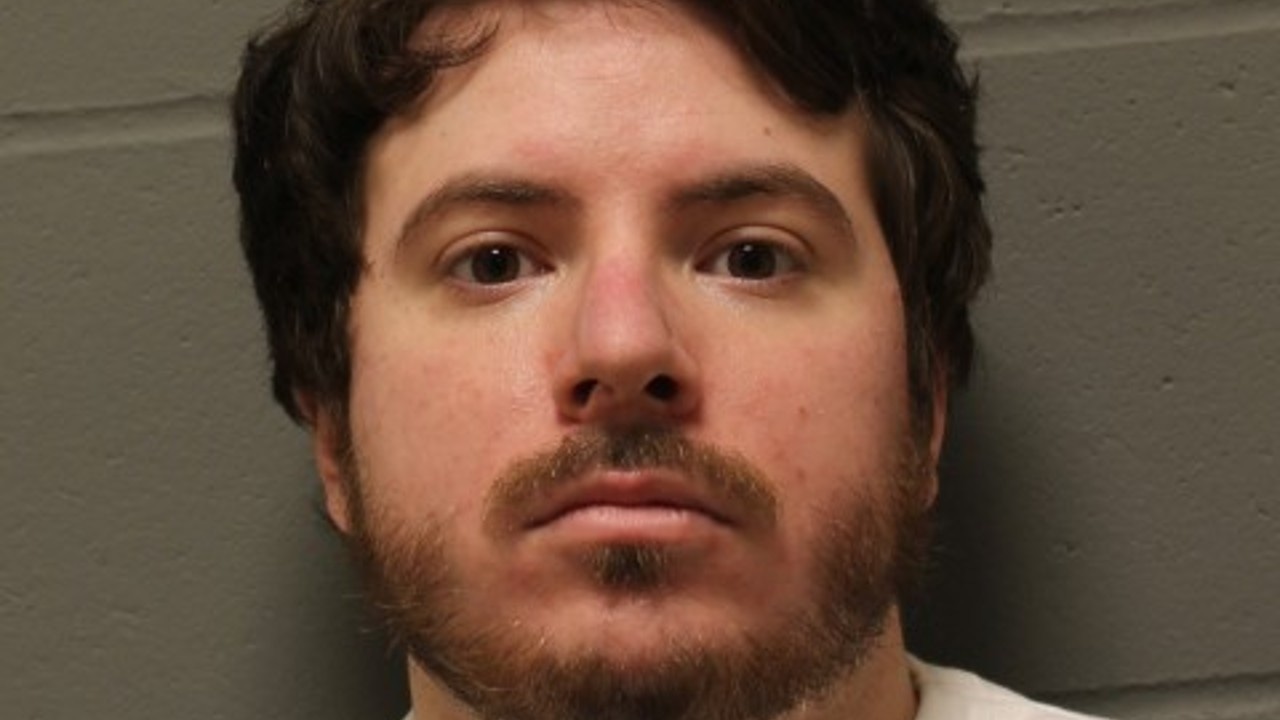Prosecutors appeal to Minnesota Supreme Court after Watertown man granted 3rd trial

Anthony Trifiletti (Minnesota Department of Corrections)
Prosecutors are asking Minnesota’s high court to review an appellate court’s decision that granted a Watertown man convicted of murder a new trial.
Last month, the Minnesota Court of Appeals ruled that Anthony Trifiletti’s Sixth Amendment Confrontation Clause rights were violated during his last trial when a key witness didn’t testify in person due to her possible exposure to COVID-19. The ruling granted Trifiletti a third trial, as his first resulted in a mistrial and he was convicted of second-degree unintentional murder in the more recent proceedings.
RELATED: Court of Appeals grants 3rd trial for Watertown man charged in fatal St. Paul shooting
Friday, the state filed a petition asking the Minnesota Supreme Court to overturn that decision.
Trifiletti shot Douglas Lewis multiple times following a traffic crash on May 1, 2020, killing Lewis. Trifiletti has claimed self-defense.
In their appeal, prosecutors argue that the Court of Appeals’ decision is wrong based on the reasons outlined by the judge who didn’t agree with the appellate court’s ruling.
Judge Carol Hooten explained in her opinion that it’s wrong to say a court may never find a witness who was exposed to COVID unavailable to testify in person, and said that because Trifiletti’s lawyer was able to cross-examine the witnesses at a prior trial and that transcript was read to the jury, his rights of confrontation weren’t actually violated. Finally, she argued that Trifiletti strategically chose to have the transcript read in court instead of having them testify remotely and also declined to file a continuance to delay the trial, so he can’t argue that he chose an unconstitutional method of presenting evidence.
Additionally, prosecutors asked the Supreme Court to stay the appellate court’s decision until the Supreme Court rules on a similar case, State v. Tate. In that case, which the high court heard arguments on last month, Kim Tate of Frazee was convicted of drug sales. However, Tate appealed, arguing her Confrontation Clause rights were violated because a witness who was exposed to COVID-19 was allowed to testify virtually instead of in person. The Minnesota Court of Appeals sided against Tate, however, saying virtual testimony was warranted due to the health concern.
Given the similarities in the cases of Tate and Trifiletti, prosecutors say the Court of Appeals’ ruling giving Trifiletti a new trial should be put on hold until the high court decides the cases.
Trifiletti is currently in the Stillwater prison and isn’t scheduled to be released until the end of August 2028.